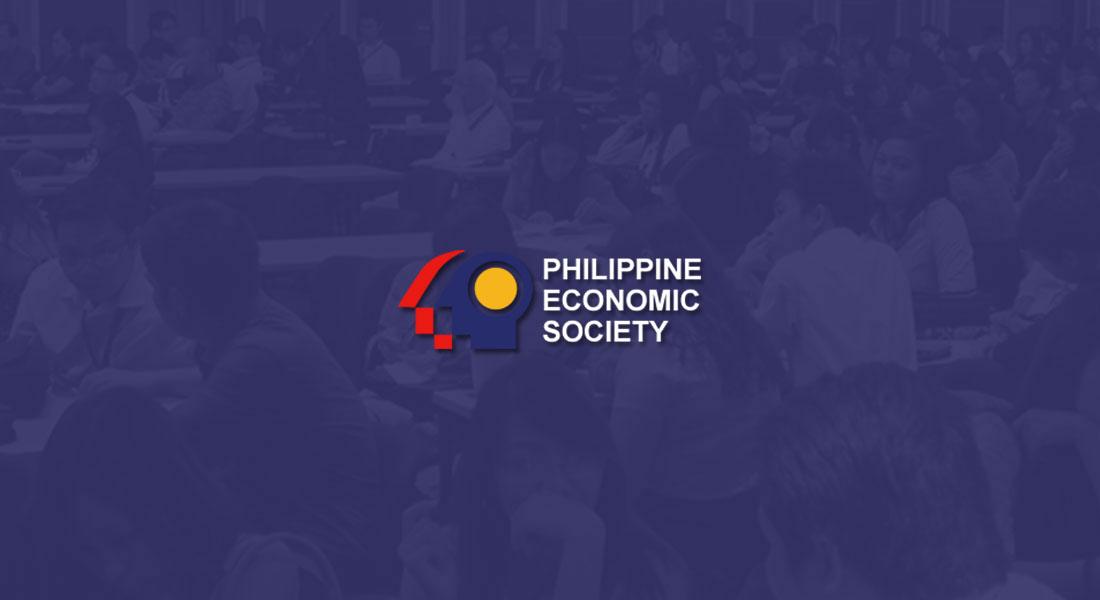
A robust and resilient middle class is essential for the Philippines to achieve its 2040 vision of becoming a predominantly middle-class society, according to the National Economic and Development Authority (NEDA).
Speaking at the 62nd Philippine Economic Society (PES) Conference on November 8, NEDA Secretary Arsenio M. Balisacan emphasized policies aimed at lifting Filipinos out of poverty and shielding them from economic shocks as crucial to realizing the government’s “AmBisyon Natin 2040” goals.
“Our first and important step is to address the poverty in the country,” Balisacan said. “Once individuals rise above poverty, we must focus on mitigating their vulnerabilities to risks by enhancing the resiliency of our jobs and other income opportunities to prevent them from falling back into poverty.”
The plenary session, titled “Growing and Strengthening the Middle Class towards Realizing the AmBisyon Natin 2040,” was organized by NEDA and underscored the need for comprehensive socioeconomic strategies to support and expand the middle class.
Strategies for a Thriving Middle Class
NEDA Undersecretary for Policy and Planning Group Rosemarie G. Edillon outlined a roadmap for building a sustainable middle class.
“To sustain a middle-class living standard, Filipinos need adequate income and substantial savings,” Edillon said. “The government must continue to implement policies that reduce poverty, keep commodity prices low and stable, increase employment opportunities and improve the employability of Filipinos, as well as build resilience by strengthening social protection.”
Edillon highlighted the importance of policies that boost employability, stabilize commodity prices, and reduce poverty as foundational to achieving the country’s economic aspirations.
World Bank Lead Economist Gonzalo Varela echoed the call for creating quality jobs and promoting productivity in high-growth sectors. He emphasized reducing barriers to entry, fostering competition, and cutting trade and investment costs to enable outward-oriented growth.
“Along with the need to create more opportunities, the Philippines needs to create capabilities by establishing strong human capital and equipping workers with the skills of the future,” Varela said. “Integrating approaches to fix foundational challenges and preparing for technological disruptions is equally important.”
Challenges and Opportunities
The session tackled the socioeconomic factors influencing middle-class growth, including equitable income distribution, education, and access to social safety nets. Experts also stressed the role of financial inclusion strategies and innovative approaches in expanding the middle class.
NEDA’s efforts align with the ongoing celebration of Economic and Financial Literacy (EFL) Week, held annually starting November 11 under Republic Act No. 10922. The EFL Week aims to raise awareness of the importance of economic education in driving national development.
The discussions during the PES conference emphasized that empowering the middle class will not only drive economic growth but also ensure that more Filipinos benefit from the country’s progress, creating a resilient and inclusive society by 2040.
 Philippine Economic Society (PES)
Philippine Economic Society (PES)